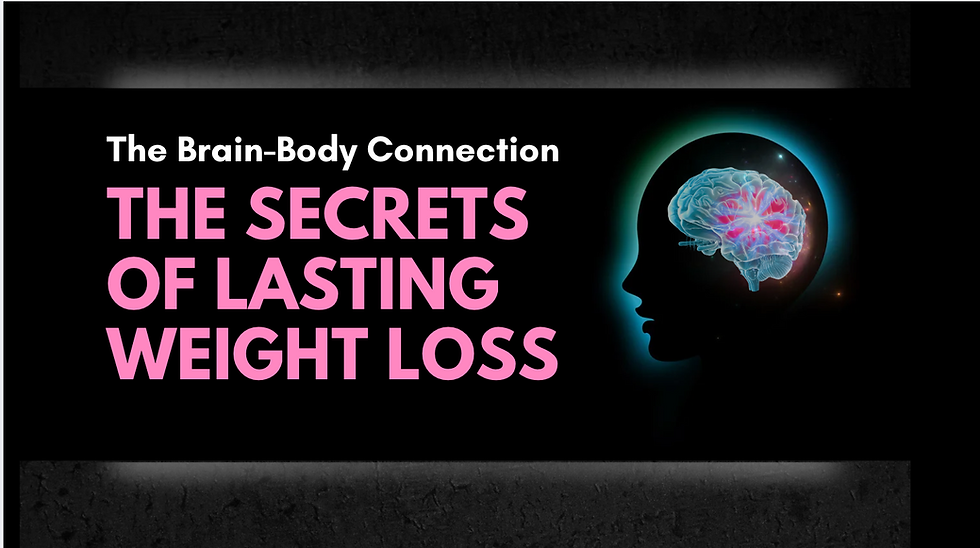Achieving Work-Life Balance: Navigating the Modern Professional Landscape
- Carrie Jo

- Feb 24, 2024
- 3 min read
In a world where the line between work and personal life is increasingly blurred, achieving a balance between the two is so critical for our mental health and overall well-being.

It's not easy to equally prioritize the demands of your career and the demands of your personal life. We are all in a viscous circle of equal endless scrolling, streaming and never-ending connectivity. All of this can make work-life balance feel like a distant dream, but with intentional strategies and mindfulness, it's possible to navigate the modern work landscape while maintaining a healthy lifestyle.
Understanding Work-Life Balance
Work-life balance doesn't mean an equal split of hours between work and personal life. What it really means is having the flexibility to get things done in your professional life while still having time and energy to enjoy your personal life––and this can change from week to week or month to month depending on your schedule. And the right balance when you are single will most likely change when you marry or if you have children, just like a good balance for you when you are in your 20s will likely be different when you are in your 60s.
Signs of Imbalance

While this delicate balance changes from day to day, the signs of imbalance are pretty clear. When you start feeling of being overwhelmed and unable to cope with the demands of both spheres, you know that you might need to make a shift.
If you don't, this can lead to stress, burnout, health issues and various other issues at home and work.
For example, if your personal life begins to take over too much of your time, it can affect not only your productivity at work, but have serious impacts on your career. If your work is consuming all of your time, it can affect your relationships with family and friends.
The good news is that you can do things in your every day life that will help you keep this balance healthy.
Strategies for Balance
Set Priorities: Identify what you value most in both your personal and professional lives. Allocate your time accordingly, understanding that these priorities can shift and you must be flexible.
Establish Boundaries: Set specific work hours and stick to them. Be sure to communicate your boundaries to your colleagues and employer. Similarly, guard your personal time with equal rigor.
Learn to Say No: Whether it's an additional project or a social engagement, evaluate it against your priorities and do not be afraid to decline if it compromises your balance.
Embrace Technology, but Set Limits: Use technology to increase efficiency but be mindful of the intrusiveness of constant connectivity. Designate times to unplug and be present in your personal life.
Take Care of Your Health: Exercise regularly, eat well, and get enough sleep. Taking care of your physical health is essential for maintaining the stamina required for a balanced life.
Manage your Time: Organize your tasks with to-do lists, and plan your week ahead. Avoid multitasking as it can lead to decreased productivity and increased stress.
Seek Flexibility: Advocate for a flexible working arrangement if possible. This could mean remote work days or adjustable hours that can help you better manage your personal responsibilities.
Leave Work at Work: Make a conscious effort to separate work from personal life. This might mean having a specific ritual at the end of your workday to signal the shift from work to personal time.
Cultivate Interests Outside of Work: Engage in hobbies and interests that are not related to your career. This helps to reduce stress and prevent burnout.
Recharge Regularly: Take vacations or staycations to disconnect from work fully. Use this time to relax and rejuvenate.
Achieving a work-life balance is a continuous process as your interests and life circumstances change. The key is to remain adaptable and remember that this balance is personal and won't be the same for other people in your life.
By acknowledging the importance of this equilibrium and actively working towards it, you can not only enhance your personal satisfaction but also improve your performance and productivity at work. It’s not about making big changes, but rather implementing small, consistent adjustments that promote a sustainable and fulfilling balance.



